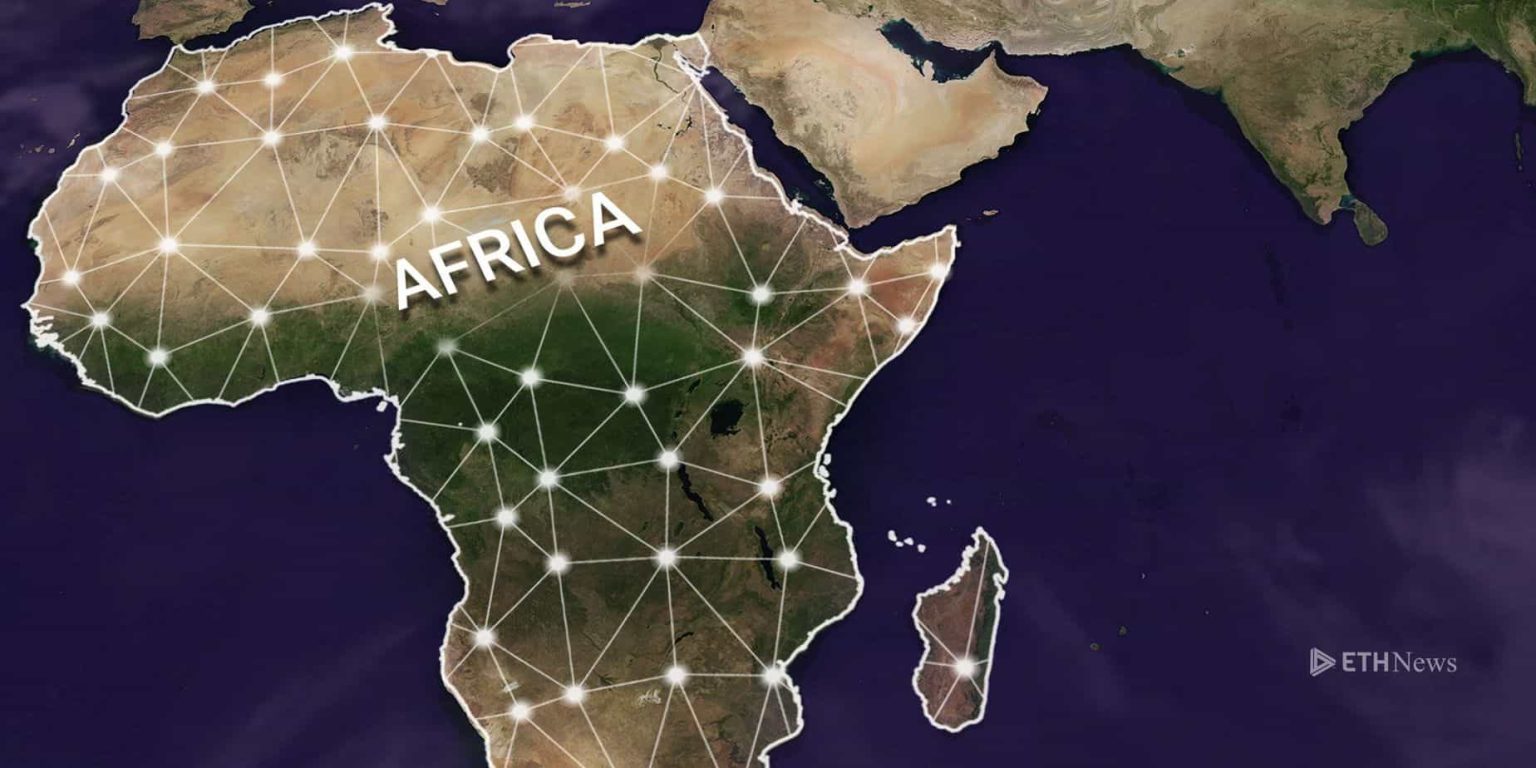- A blockchain is a distributed ledger that is open to a group of selected participants to store, share and alter decentralized data
- If a new block is added to a blockchain, all the users in all the blocks must confirm the information added for the block to be valid
- Blockchain technology could be of immense importance in Africa to maintain medical records, protect land ownership and secure government records
The primary technology behind cryptocurrencies is blockchain technology, allowing traders and clients to reach a consensus without necessarily trusting each other.
But over time, owing to its excellent security status, the technology has gained substantial mainstream attention and is steadily seeping into education, health and governance, among other sectors.
A blockchain is a distributed ledger that is open to a group of selected participants to store, share and alter decentralized data. In simple terms, a blockchain is a chain of blocks used to store information to prevent anyone from tampering with the information without verification from all the blocks.
How blockchain technology works
Once data has been recorded in the computers system in a single blockchain, it becomes complicated to change it. The data stored inside a block contains:
- Data, for example, details of a transaction, detailed information on a particular subject.
- Hash of the storing block. A hash is a unique, long combination of numbers and letters that is the identity of a block.
- Hash of the immediately previous block.
Changing any information inside a block causes the hash to change, making it easy to detect any changes in the information contained in a block.
If the first block’s hash changes, keep in mind that every block contains the hash of its previous block; every other hash of subsequent blocks will have to change. Any disconnection in the flow of information from one block to another renders the whole blockchain invalid unless all blocks confirm the change in the blockchain.
Nowadays, computers are fast and calculate hundreds of thousands of hashes per second, making it possible to tamper with the information in all the blocks in a short time.
To prevent this, blockchains have a Proof-of-work feature that slows down the creation of a new block or new information in a block. Tampering with one block requires the re-calculation of the Proof-of-work of all the blocks.
Another way to ensure the security of a blockchain is the physical distribution of the computers containing the blocks. Blockchain technology has a P2P network that allows persons controlling a block to join and view the information in all the blocks.
If a new block is added to a blockchain, all the users in all the blocks must confirm the information added for the block to be valid. The confirmation by all the block users creates consensus making it nearly impossible to tamper with information in a blockchain.
From the description of blockchain technology above, we can pick a few benefits related to the technology.
- Transparency. blockchain technology provides the source, transparency and traceability of transactions
- Control. Access to blocks in blockchain networks is restricted to identified users only.
- Security. The decentralized data digital ledger cannot be tampered or altered with once the data is entered into the system. Fraud occurrence is less likely and easier to spot.
- Real-time information. When information is updated, it’s updated for everyone in the network simultaneously.
Blockchain technology could be of immense importance, specifically in Africa, in preventing double taxation, maintaining medical records, protecting land ownership, and securing government records, among many other advantages.
Who discovered blockchain technology?
Blockchain technology was predominantly dominant until bitcoin creator Satoshi Nakamoto adopted it on January 3, 2009, to facilitate the safe exchange of bitcoin tokens.
The idea of blockchain technology came into existence as early as 1991, research scientists Stuart Haber and W. Scott Stornetta, but has become significantly relevant in the last decade.
Read: How Nigerian agriculture is enjoying Cellulant’s e-wallet and blockchain-based solution
